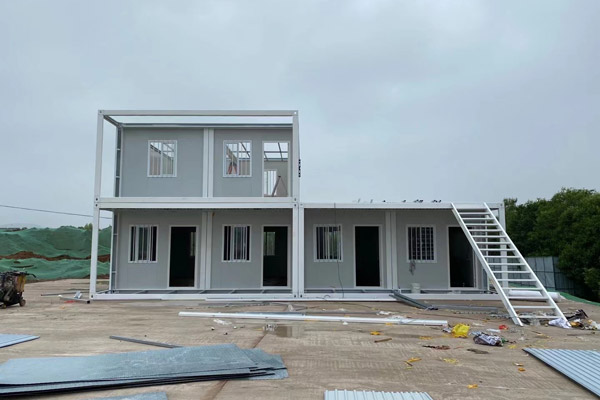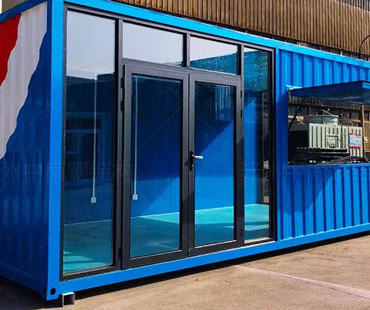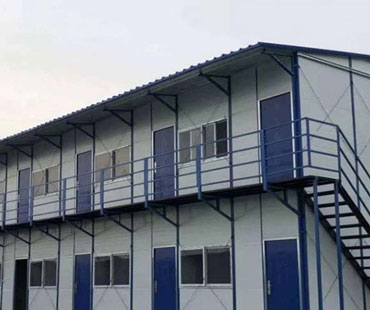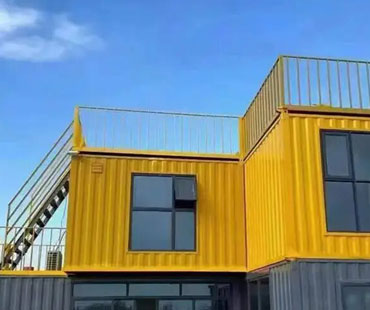The world of logistics and transportation is undergoing a seismic shift, driven by advancements in intelligent technology and automation. As the backbone of global trade, container transportation is at the forefront of this evolution. With increasing demands for efficiency, speed, and sustainability, the integration of smart technologies is not just a trend; it is a necessity that promises to redefine the industry.
1. The Rise of Intelligent Technologies
Intelligent technologies, including artificial intelligence (AI), machine learning (ML), and big data analytics, are transforming how container transportation operates. These advancements facilitate more accurate forecasting, improve route optimization, and enhance supply chain visibility. For instance, AI-powered algorithms can analyze historical shipping data to predict potential delays, enabling logistics companies to proactively manage disruptions. This predictive capability is crucial in a global environment where supply chain reliability is paramount.
Moreover, IoT (Internet of Things) devices are being increasingly utilized to monitor container conditions in real-time. Sensors embedded in containers can track temperature, humidity, and location, providing valuable data that ensures the integrity of the cargo, especially for perishable goods. This level of monitoring not only minimizes losses but also enhances accountability along the supply chain.
2. Automation: A Game Changer in Efficiency
Automation is rapidly becoming a game changer in container transportation. Automated guided vehicles (AGVs) and drones are being deployed in ports and warehouses to streamline operations. These machines can transport containers autonomously, reducing the need for manual labor and minimizing human error. For example, major ports around the world are increasingly adopting automated container handling systems, which can significantly speed up loading and unloading processes.
Furthermore, the use of robotic systems in warehouses is enhancing operational efficiency. Automated storage and retrieval systems (AS/RS) can quickly locate and retrieve containers, ensuring that they are dispatched in an optimal manner. This not only accelerates the supply chain but also reduces operational costs, making businesses more competitive.

3 Enhancing Sustainability Through Smart Practices
The future of container transportation is also closely tied to sustainability. As global awareness of environmental issues grows, the logistics industry is under pressure to reduce its carbon footprint. Intelligent technologies play a vital role in this endeavor. For instance, route optimization algorithms can help reduce fuel consumption by identifying the most efficient paths for vessels. Additionally, companies are increasingly investing in eco-friendly container designs and alternative fuels to minimize environmental impact.
Moreover, the use of blockchain technology is emerging as a means to enhance transparency and traceability in supply chains. By providing a secure and immutable record of transactions, blockchain can help ensure that sustainable practices are followed throughout the transportation process. This transparency not only builds trust among stakeholders but also encourages adherence to environmental regulations.
4. Challenges and Considerations
Despite the numerous benefits that intelligent technology and automation bring to container transportation, several challenges remain. The initial investment in advanced technologies can be substantial, and smaller companies may struggle to keep pace with larger competitors. Additionally, there are concerns regarding cybersecurity, as the increased reliance on digital systems makes logistics networks vulnerable to cyberattacks.
Moreover, the transition to automated systems may lead to workforce displacement. While automation can enhance efficiency, it is essential for companies to consider the social implications and invest in retraining programs for affected workers. Emphasizing a partnership between human expertise and automated systems will be key in navigating this transition smoothly.
5. The Road Ahead
The future of container transportation is poised for remarkable transformation as intelligent technology and automation continue to evolve. The industry stands on the brink of a new era marked by increased efficiency, enhanced sustainability, and improved customer experiences. However, realizing this potential requires collaboration among industry stakeholders, including shipping companies, technology providers, and regulatory bodies.
As we look ahead, it is clear that the integration of intelligent technologies and automation will not only redefine container transportation but also shape the future of global trade itself. Embracing this shift will be crucial for businesses seeking to thrive in an increasingly interconnected world. By leveraging these advancements, the container transportation industry can move towards a more efficient, sustainable, and resilient future.


